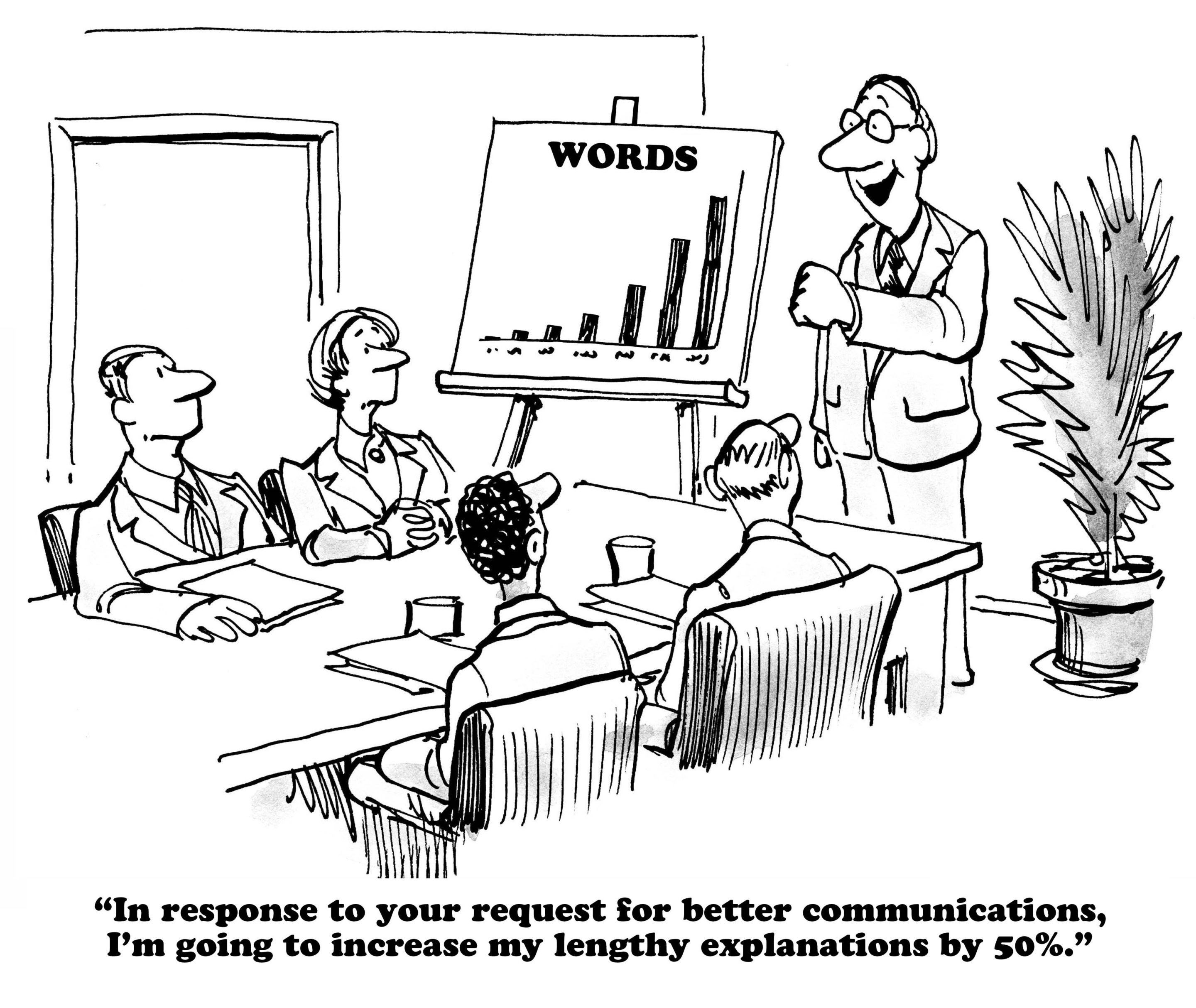In an earlier blog, I described a number of strategies that I routinely apply to reduce the word count of manuscripts. However, even after applying all of these strategies, the paper may still be a bit too long – from just a few words to 100 or more words over the maximum word limit permitted by the journal. And we know that, in most cases, if the submitted manuscript is even one word over the maximum allowed length, it is summarily rejected by the journal without consideration. It isn’t even seen by the editor.
I’m all for formal writing being as clear and complete as possible, as well as grammatically correct. While I aim to be concise, sometimes more words are required to achieve clarity. I always prepare a manuscript using the most correct form of language to ensure that it is professional and polished, even if that means a few extra words here and there.
But what to do when the final draft is completed and ready for all authors to provide final approval for submission, and the word count is still over the journal’s limit? First, I critically review the manuscript twice more to ensure I’ve fully applied the previously discussed strategies and have truly made the language as concise as possible.
If the paper is still over the word limit, then I’ll employ some rather sneaky “cheat” tricks I’ve learned along the way. I generally try to avoid using them, but when I’m desperate, they work. Technically, they are formatting or grammatical errors, or poor or incorrect language. After the paper has been accepted for publication, the copy editor usually converts these errors back to a better (original) format when the galley proofs are being prepared. At this point, word count no longer matters to the journal – hence, I’m “cheating” to achieve the necessary word count for submission purposes.
Here are the sneaky tricks I use, in priority from most used (i.e., affect the content or interpretation the least) to least used (i.e., least palatable, as they are improper language and potentially interfere with reading flow, understanding, and context).
1) Selectively remove articles “the” or “a”
The clinical outcome was affected in only 7.6% of the cases. (11 words)
Clinical outcome was affected in only 7.6% of cases. (9 words)
2) Remove commas between spaces in citation numbers
If the body of the paper lists citations as numbers, either in brackets or superscript, it is customary to leave a space between commas. But I’ve been known to delete the space after the comma to save on word count:
… had no effect [2, 4, 9] (6 words)
… had no effect [2,4,9] (4 words)
3) Eliminate spaces around “=”
… in controls (n = 50). (5 words)
… in controls (n=50). (3 words)
4) For ranges, replace “to” with a hyphen
Three cases had moderate stiffness (ROM, 30° to 74°). (9 words)
Three cases had moderate stiffness (ROM, 30°-74°). (7 words)
5) Remove “that”
The study demonstrated that longer wait times were associated with … (10 words)
The study demonstrated longer wait times were associated with … (9 words)
6) Replace “more than” or “less than” with “>” or “<”
Patients with less than 15° of ROM were excluded. (9 words)
Patients with <15° of ROM were excluded. (7 words)
Patients with ROM<15° were excluded. (5 words)
Patients were immobilized in a cast for at least 6 weeks. (11 words)
Patients were immobilized in a cast for ≥6 weeks. (9 words)
7) Replace “compared with” with “than” or “versus”
Open ankle arthrodesis had a longer operative time compared with arthroscopic ankle arthrodesis. (13 words)
Open ankle arthrodesis had a longer operative time than arthroscopic ankle arthrodesis. (12 words)
8) Condense the description of the mean
Patients had similar rates of complications at a mean of 78 months of follow-up. (14 words)
Patients had similar rates of complications at mean 78 months follow-up. (11 words)
9) Convert “patients with X” to “X patients”
Patients treated with the implant were permitted … (7 words)
Implant patients were permitted … (4 words)
Patients who underwent arthrodesis … (4 words)
Arthrodesis patients … (2 words)
Patients with diabetes … (3 words)
Diabetic patients … (2 words)
These sneaky tricks are pretty handy when you’re really stuck to find those last few “words” to eliminate. Hopefully you won’t need to use them too often. And if you do, you’re able to stick with using just the first few.
If you have any other tricks for reducing word count, I’d love to hear about them in the comments section below.
Did you find this blog helpful? I welcome your comments and feedback, and I look forward to receiving topic suggestions for future tips.



Thanks for the question. Yes, you may reference or cite my blogs on your materials, as long as you include a link to the original page, or list it in your references with the URL, the date you viewed it, and my name (Dagmar Gross) as the author.
I have a dedicated web designer who developed the website for me and customized the wordpress template for me. He does terrific work, really understands my needs. You can contact Mark Kawabe through his website, TheWebforBusiness.com